South Bend Recap
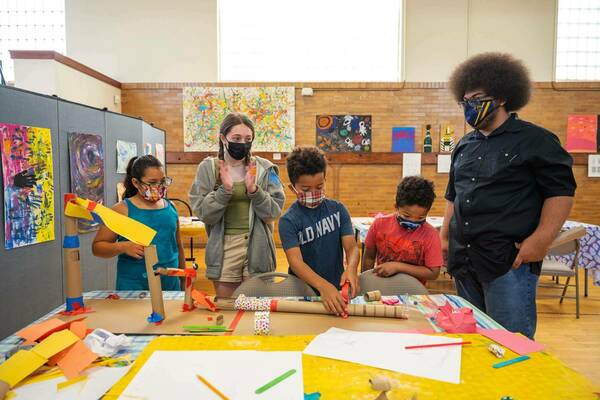
Beyond Design Thinking
In 2022, the Lab was awarded a grant from the Judd Leighton Foundation to create a makerspace and develop and implement curriculum for a five-day design thinking youth camp. For this project, the interns researched existing makerspaces and design thinking curriculum so that they could, in turn, implement a “pop up” makerspace and create daily lesson plans focused on design thinking. The team then implemented these lesson plans during a week-long camp for middle school students that took place at the CIL makerspace area.
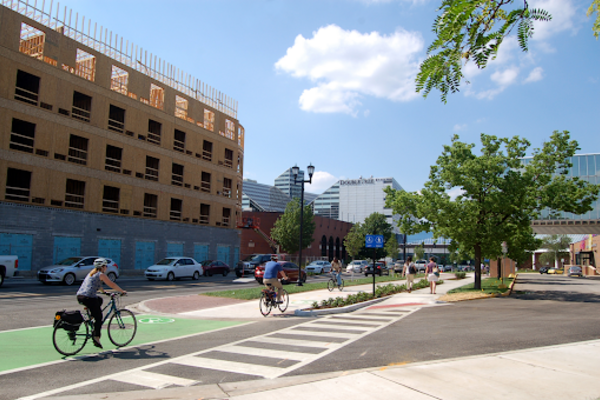
City of South Bend Division of Engineering Partnership Projects
For the second year, CIL partnered with the City of South Bend Division of Engineering to work on two projects. For the MS4 project, the team developed a Rapid Trash Assessment (RTA) Pilot Program, implementing at 12 sites around the city and analyzing the data to recommend future actions for each of the pilot sites to help improve the safety of all road users. The Complete Streets Initiative began in South Bend in 2015 to design roads with all users in mind providing infrastructure such as bike lanes, ADA accessible ramps, and more. The team created a scorecard to educate the public on the City’s implementation progress and analyzed crash data to quantify injuries and fatalities to ensure equitable distribution of future projects.
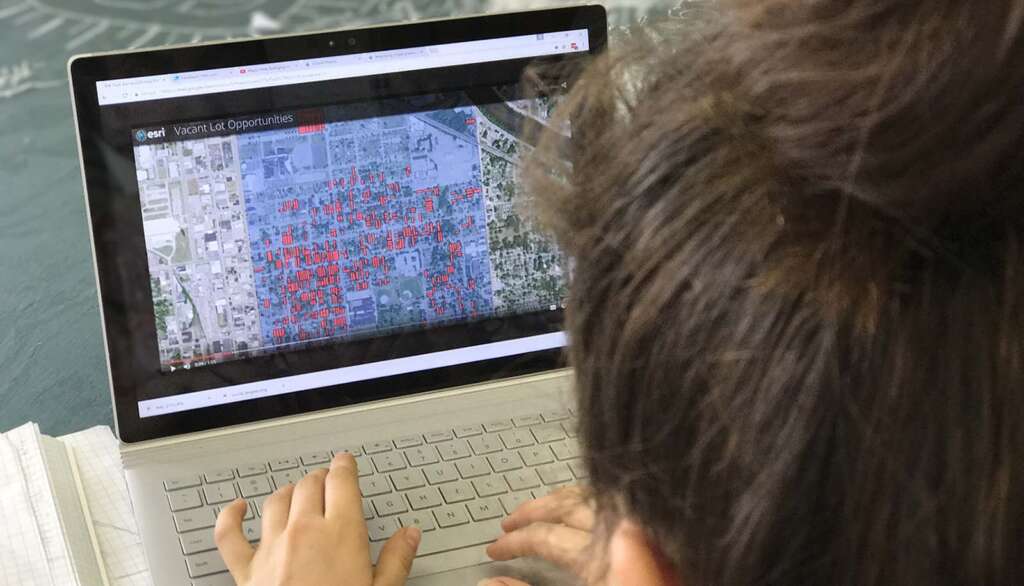
dataMichiana
The dataMichiana project addressed equity issues through the usage of civic data and data visualization. The team worked with St. Joseph County Department of Health and the Tolson Center of Elkhart County to create interactive data layers and storyboards to address community needs using ArcGIS. The overarching goal was to create digestible and interactive map layers highlighting concerns within the community, while creating storyboard narratives to provide additional guidance in understanding provided spatial data, which will be published on the dataMichiana website for public use.
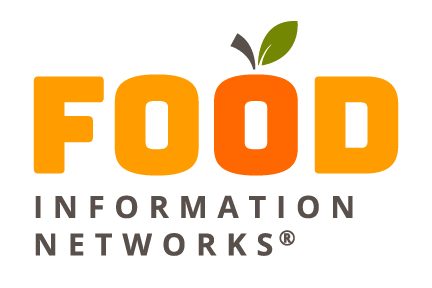
Food Information Network
FINs aimed to help community members in St. Joseph County overcome geographical and financial barriers to healthy food access. Interns developed a survey to confirm previously identified shopper archetypes: menu, inventory, and adaptive shoppers. Additionally, they rolled out a pre-pilot program to have groceries delivered to a centralized location (food hub) for participant pick-up. The data gathered will be used to inform future food hub operations.
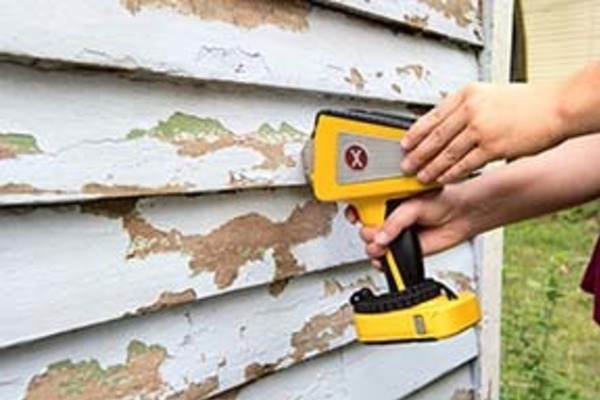
Lead Service Lines
The Lead Service Lines Team partnered with the City of South Bend Divisions of Engineering and Water Works to assist them in gathering data on the materials of water service lines entering houses throughout South Bend. The team developed a questionnaire to collect information from individual homes and included educational materials and a step-by-step walk through for testing the water service line. Alongside this data, a rubric outlining how future funding could be allocated was created based on an analysis and was presented to the city. This is a framework the city can continue to use in the future.
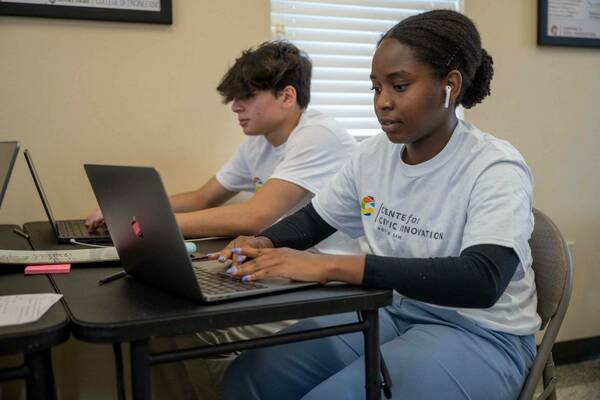
Michiana Community Health Coalition
The Michiana Community Health Coalition (MCHC) is a regional partnership that aims to establish a stronger network between Community Health Workers (CHWs) and Certified Addiction Peer Recovery Coaches (CPARCs). This summer, the intern team worked towards understanding the needs of the coalition members by developing and executing a survey and 2 focus groups. An analysis of the survey data and a comprehensive focus group report was compiled, and the findings and future recommendations were presented at the MCHC monthly meeting.
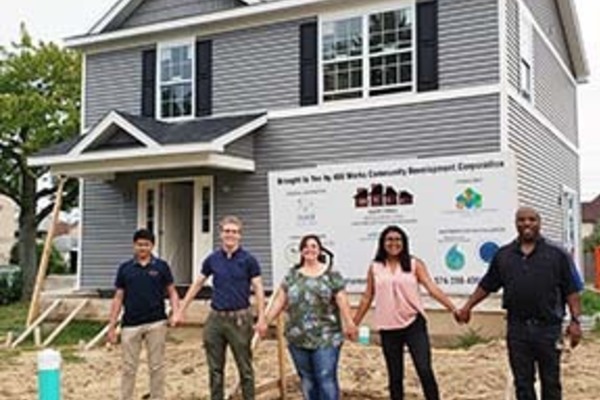
Safe and Affordable Housing
In this project, the interns partnered with Habitat for Humanity of St. Joseph County to research housing development solutions from engineering, architectural, and financial perspectives interns conducted multiple consultations with experts in real estate and finance and designed and deployed an online survey to gather feedback from community members. Finally, the team presented a feasibility analysis of the solutions in the form of a white paper and a presentation at the HFH Board Meeting. Developing innovative ways to reduce the appraisal value of homes without decreasing the quality will be critical to maximize the impact affordable housing projects can have in communities.
Collaboration Partners
- 100 Black Men of Greater South Bend
- 466 Works
- Bushelcraft Farm
- City of Elkhart
- City of South Bend
- Elkhart Community Schools
- Greater Elkhart Chamber of Commerce
- Habitat for Humanity
- Michiana Community Health Coalition
- Riley High School
- South Bend Regional Chamber
- Southeast Area Organized Residents (SOAR)
- THOR Industries
- Tolson Center for Community Excellence
Interested in our work?
To learn more about hosting a Civic Innovation Lab cohort, please contact us by tapping the button below.